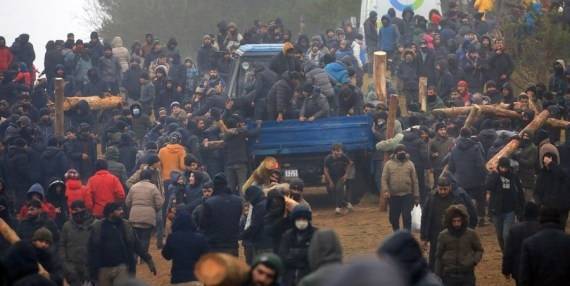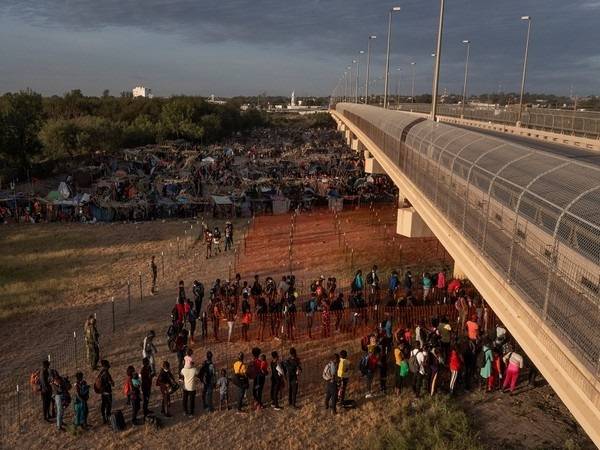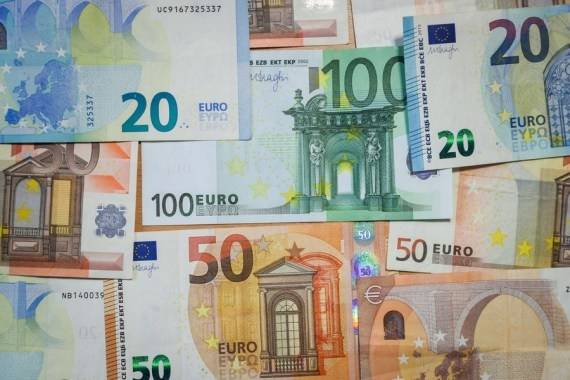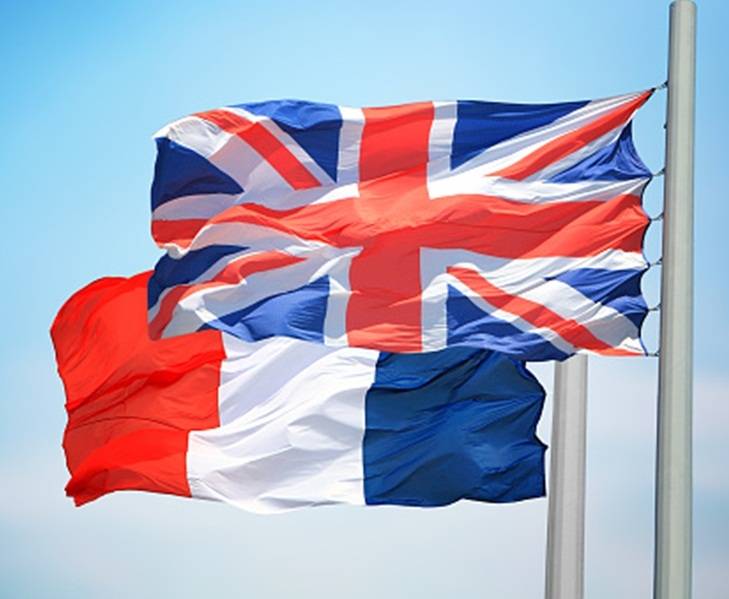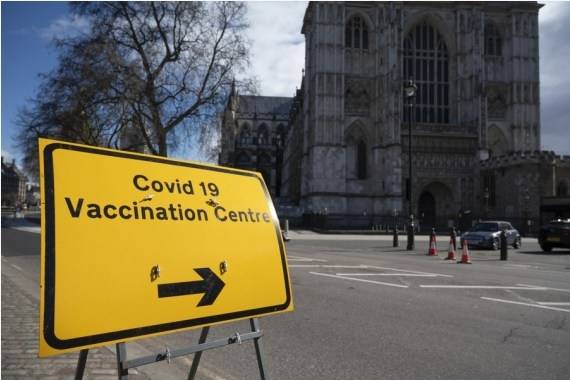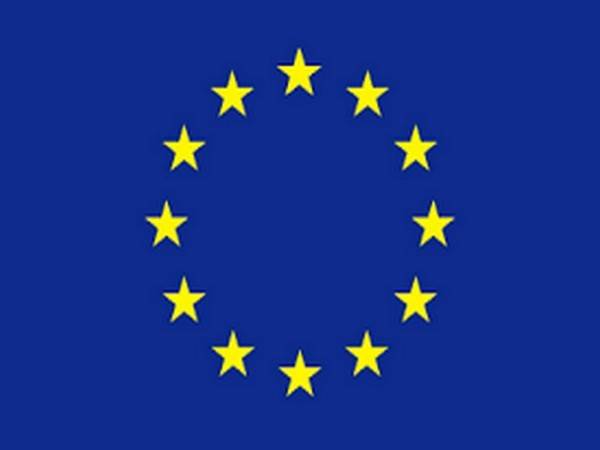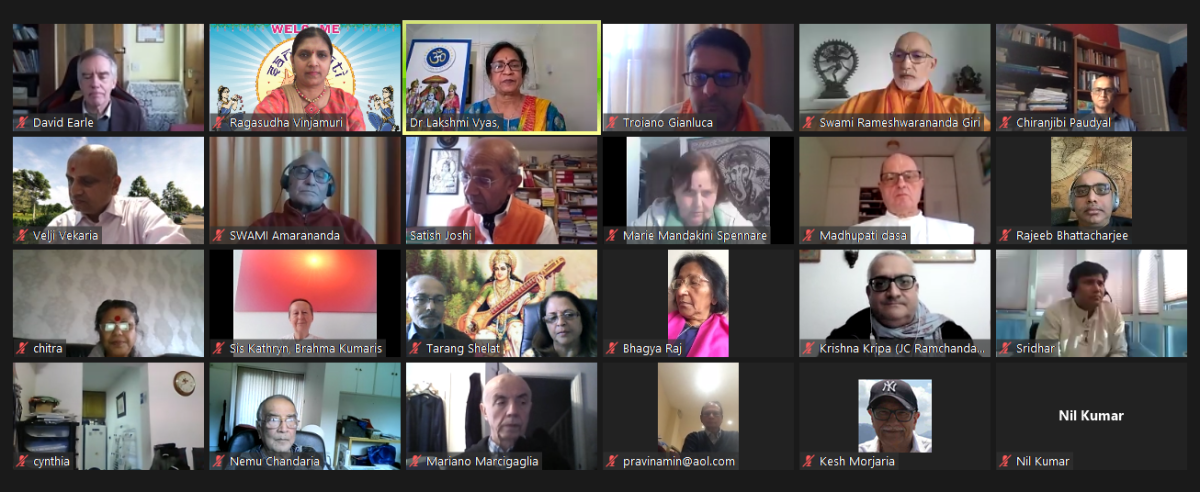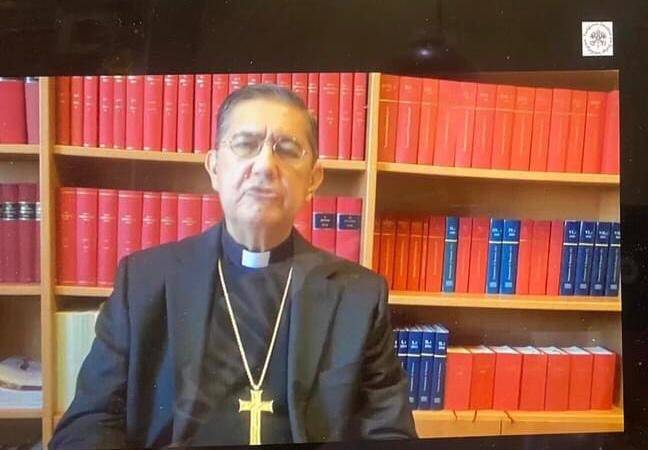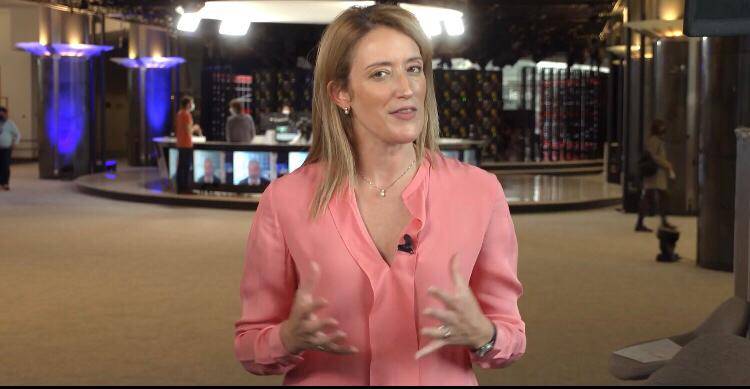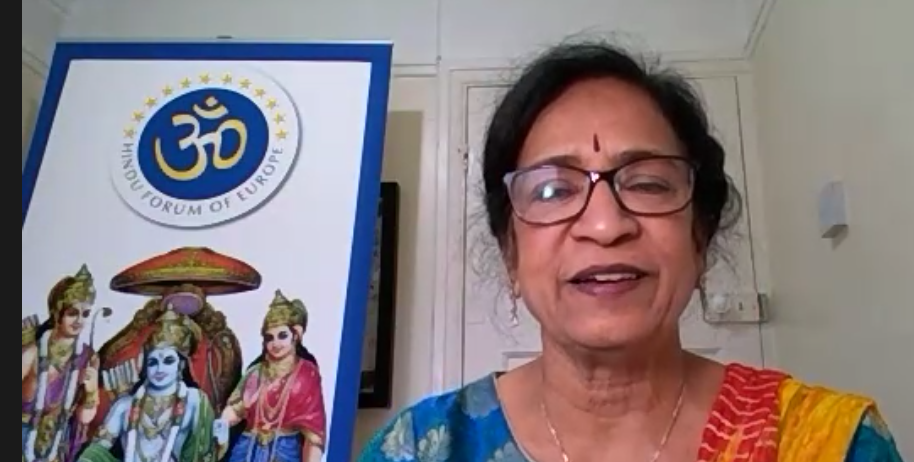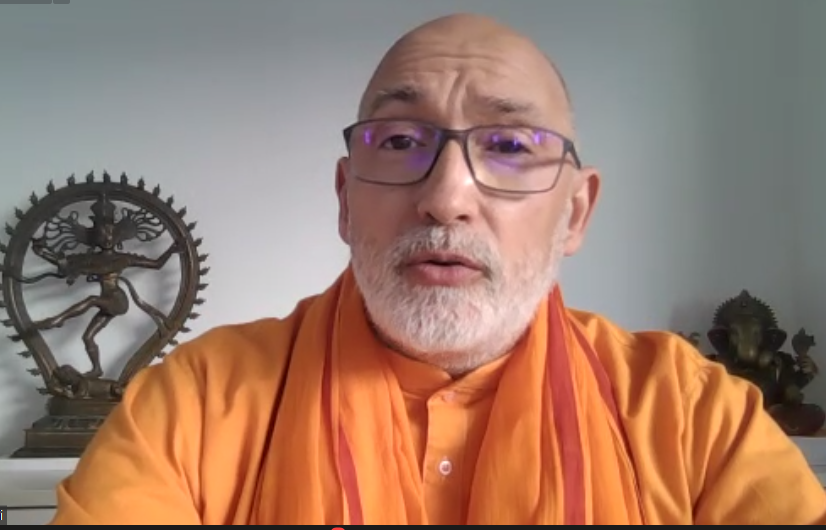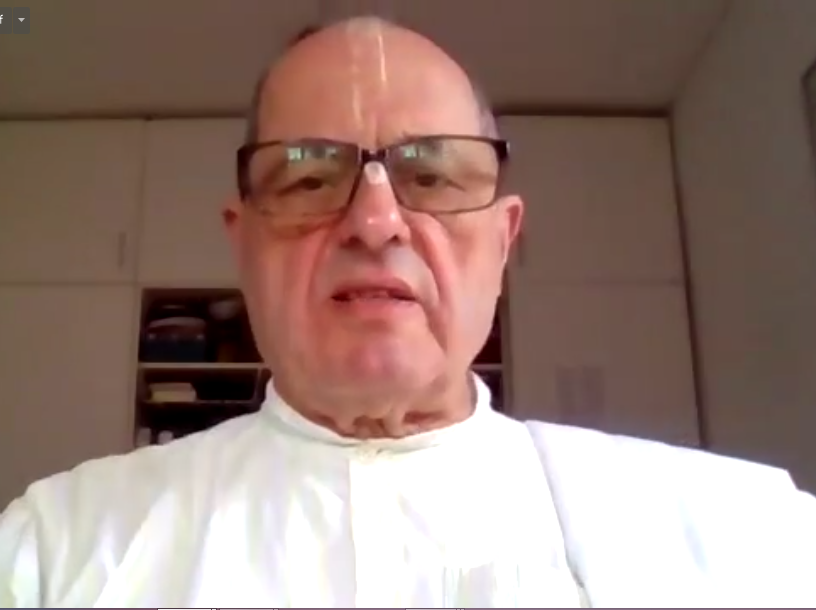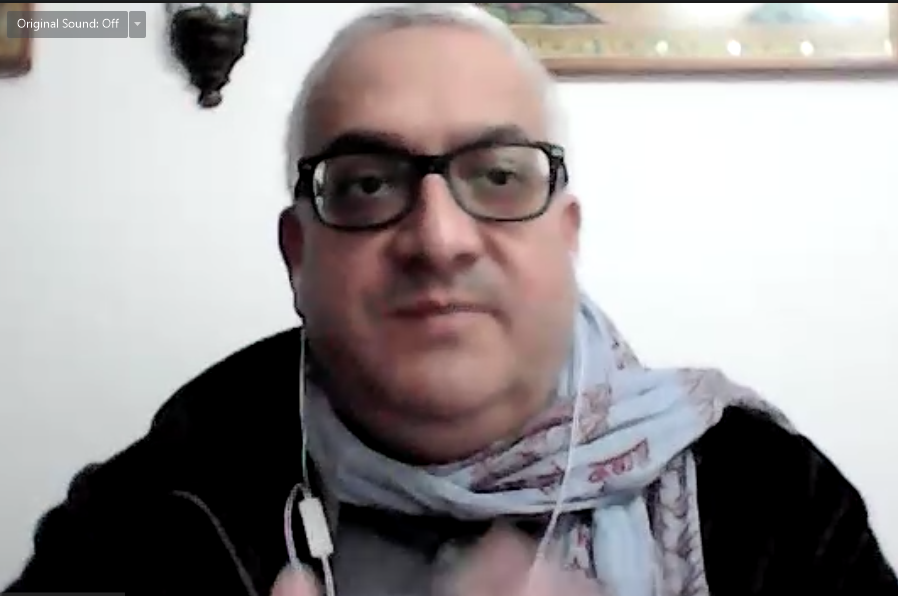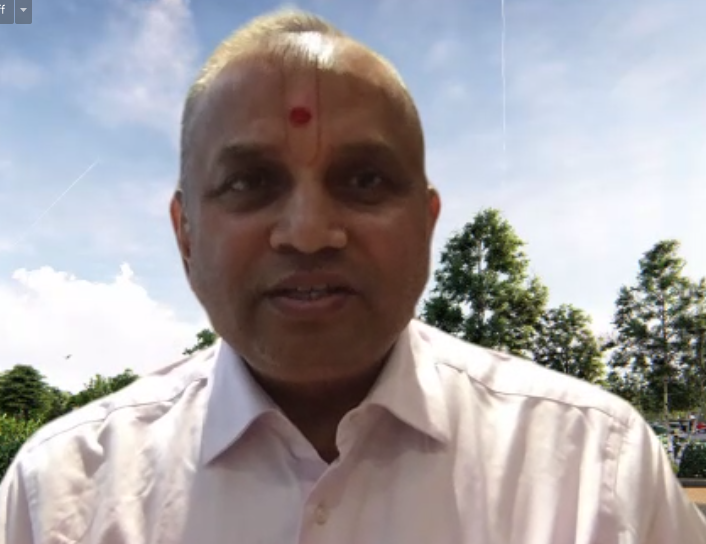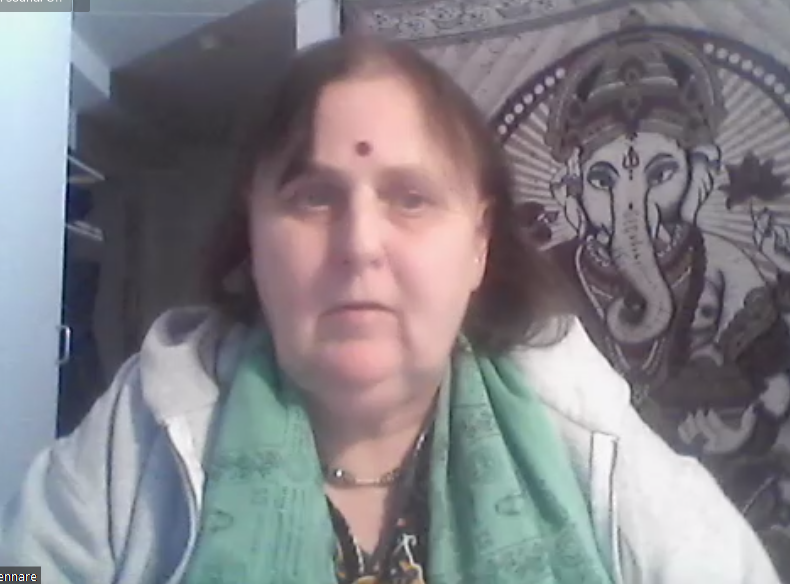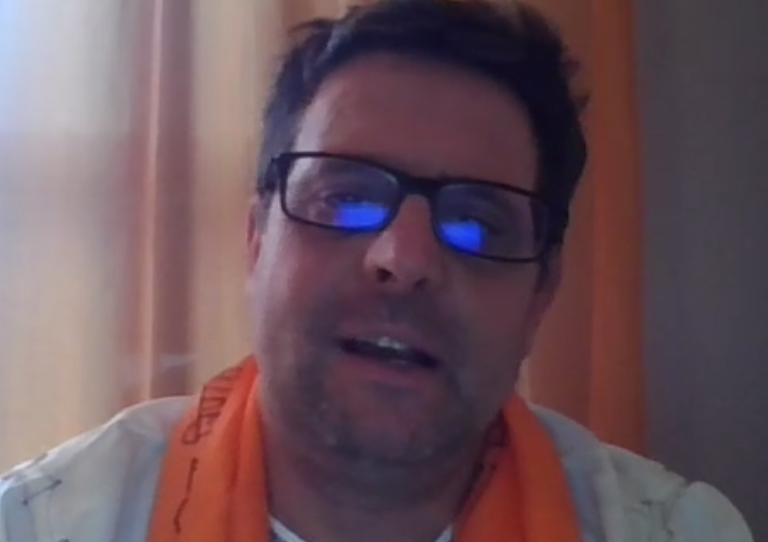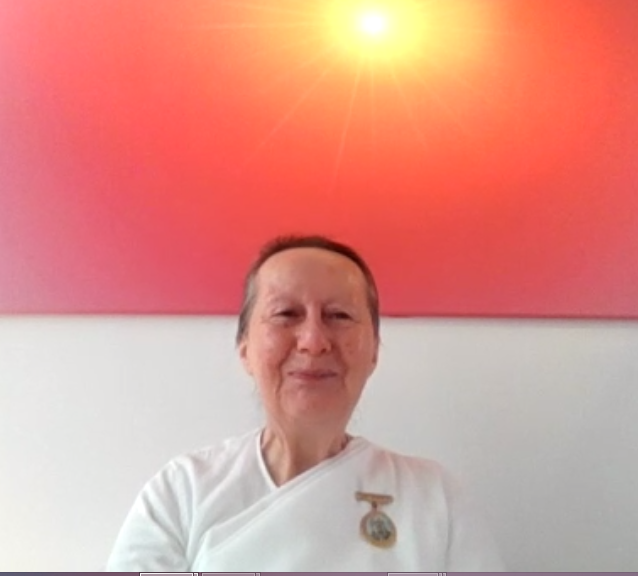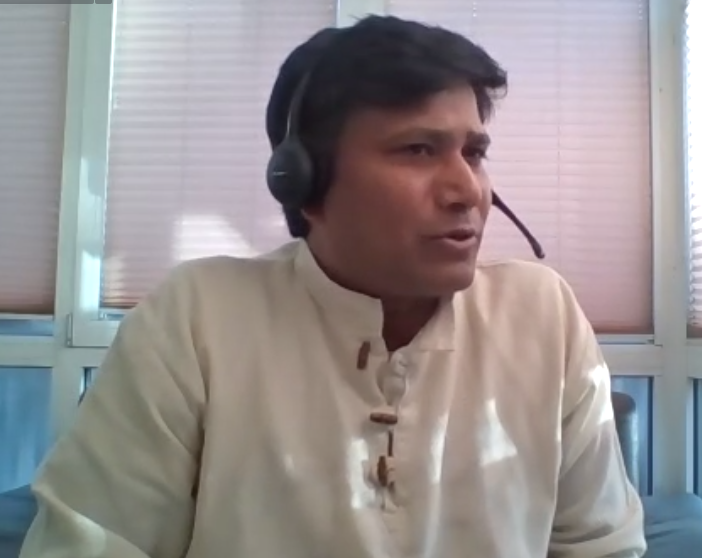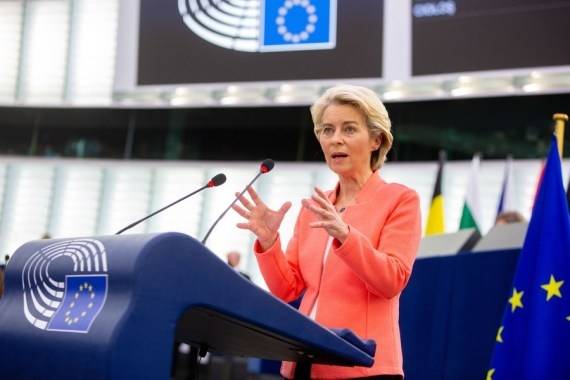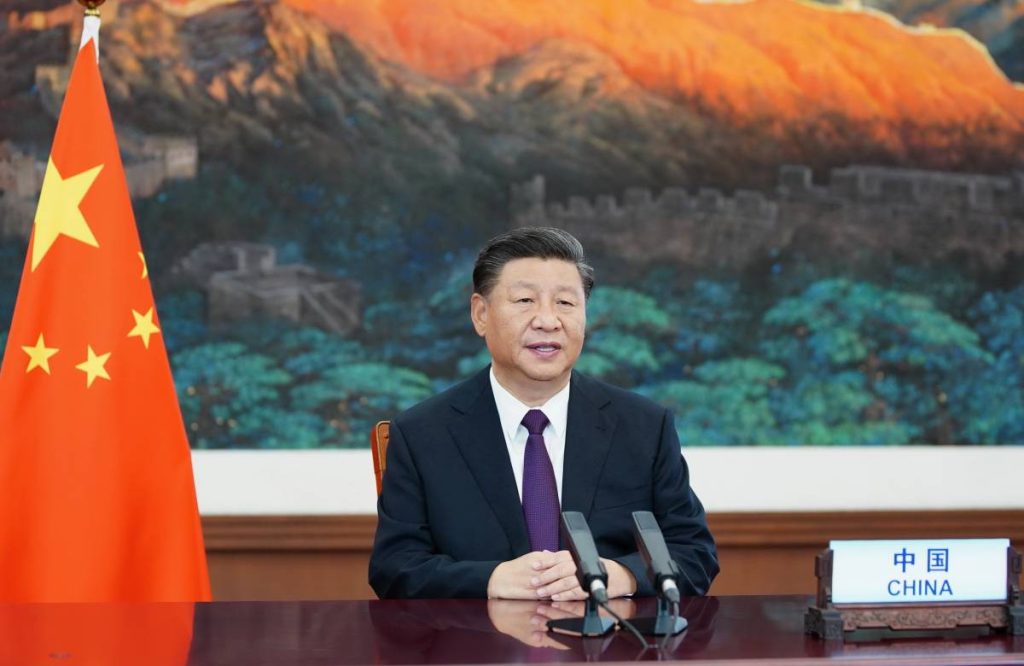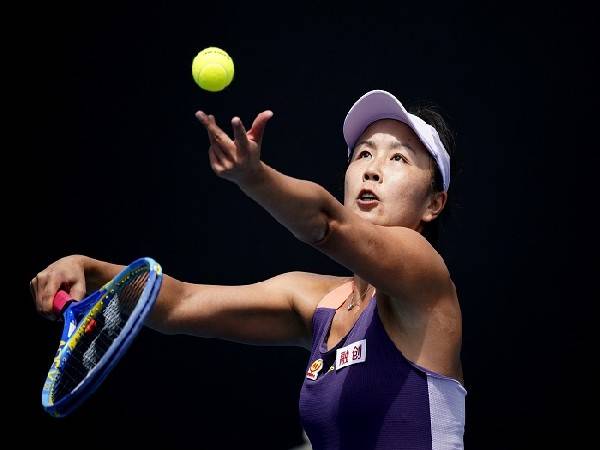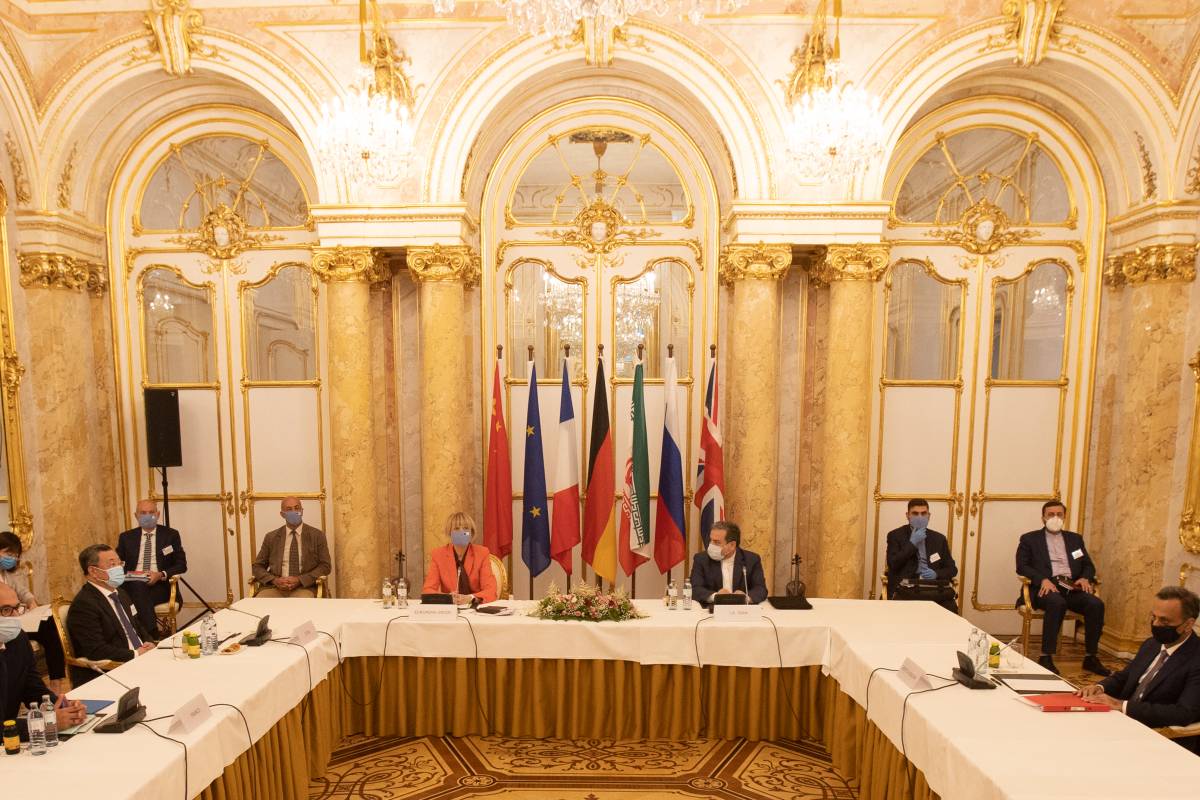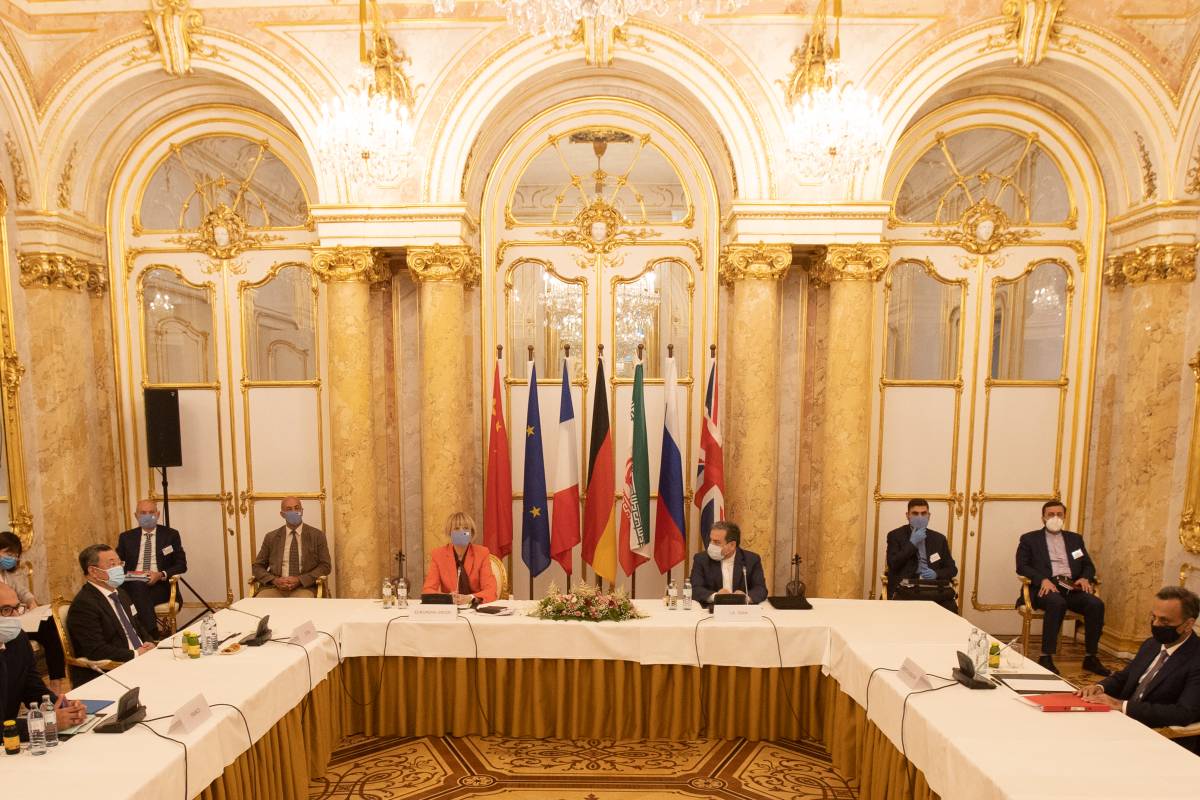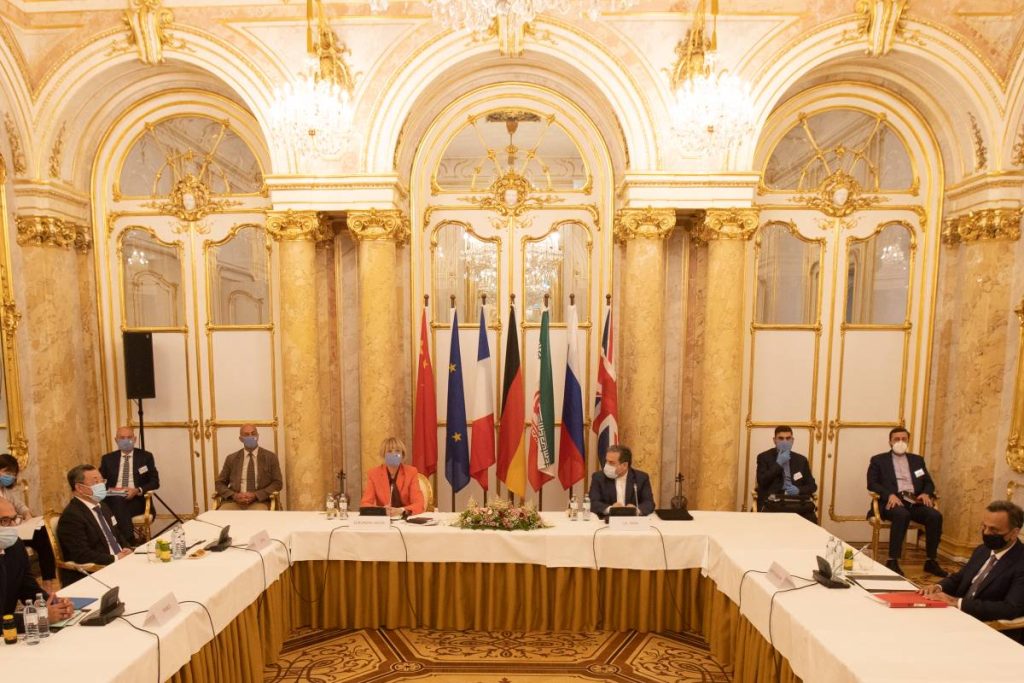“Code white” has previously been activated during flu pandemics and terrorist attacks. During the Covid-19 pandemic, it was first activated in March 2020….reports Asian Lite News
The Regional Health Agency of Provence-Alpes-Cote d’Azur has activated the “code white” alert in all hospitals in southern France, news television BFMTV has reported.
Enshrined in French law in 2004, the “code white” alert entails organisational measures such as mobilising backup personnel and prioritising operations for coronavirus patients for hospitals in case of a serious sanitary situation or overcrowding, Xinhua news agency reported.
“The dynamics of this outbreak are now significantly impacting hospitals in the territory,” the agency said in a press release.
“New admissions, due to Covid, have seen a very sustained increase for more than two weeks, both in critical care services and in conventional medicine,” it said.
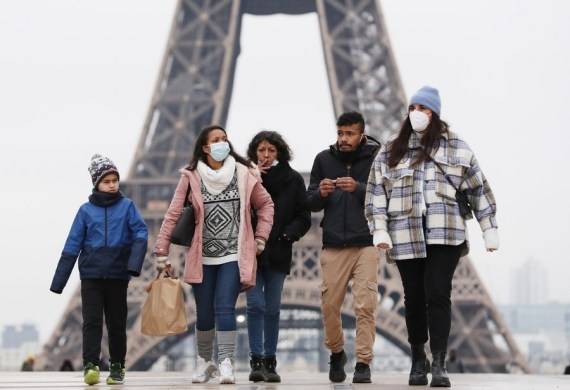
“Our department has just crossed the incidence rate threshold of 600 cases per 100,000 population. The impact of these new contaminations is now very significant on hospitalisations and on intensive care units,” the Public Hospital of Marseille said on Tuesday.
On Monday, hospitals in Marseille reported 140 hospitalised patients, 36 of them in intensive care.
The country’s other regional health agencies have also activated “code white” in the hospitals of Lille, Lyon, Strasbourg and Saint-Brieuc.
“Code white” has previously been activated during flu pandemics and terrorist attacks. During the Covid-19 pandemic, it was first activated in March 2020.
France’s “code white” measures include increasing the number of reanimation beds; transferring patients to less crowded hospitals; reinforcing communication processes; installing a crisis unit; mobilising backup personnel; and prioritising operations for coronavirus patients.


